
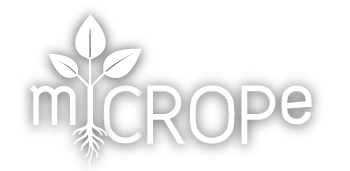
INTERNATIONAL SYMPOSIUM
MICROBE-ASSISTED CROP PRODUCTION-
OPPORTUNITIES, CHALLENGES & NEEDS
DEC. 2 - 5, 2019
VIENNA, AUSTRIA

Dr. Karen Bailey, Emeritus Research Scientist from Agriculture & Agri-Food Canada, trained as a plant pathologist and applied this expertise to improve plant health by finding solutions to reduce the impact of soil-borne plant diseases and by using fungi for biological control of Canada thistle and other broadleaved weeds. She has more than 300 publications, inventions disclosures and patents, and has received recognition from her peers with awards such as the Queen Elizabeth II Diamond Jubilee Medal, CPS Outstanding Research Award, and CPS Award for Achievements in Plant Pathology. Although having retired from AAFC, she continues to support commercialization activities related to her bioherbicide discoveries.

Gabriele Berg studied biology and biotechnology at the universities in Rostock and Greifswald obtained her Ph.D. in 1995 in microbiology from Rostock University (Germany). In 2003, she got a Heisenberg grant from the DFG (Deutsche Forschungsgemeinschaft), and in 2005 she became a full professor in environmental biotechnology at Graz University of Technology (Austria). Her interests are focused on microbiome research and translation of the results into new biotechnological concepts for our environment as well as for plant and human health. Results have published in more than 200 peer-reviewed papers and in several patents. For her results and developments, she received numerous awards, e.g. Science2Business Award Austria, “ÖGUT Umweltpreis” (2011) and Fast Forward Award Styria (2015). She belongs to the most influential researchers world-wide (top 1, Clarivate Analytics for the category Cross Fields in 2018).
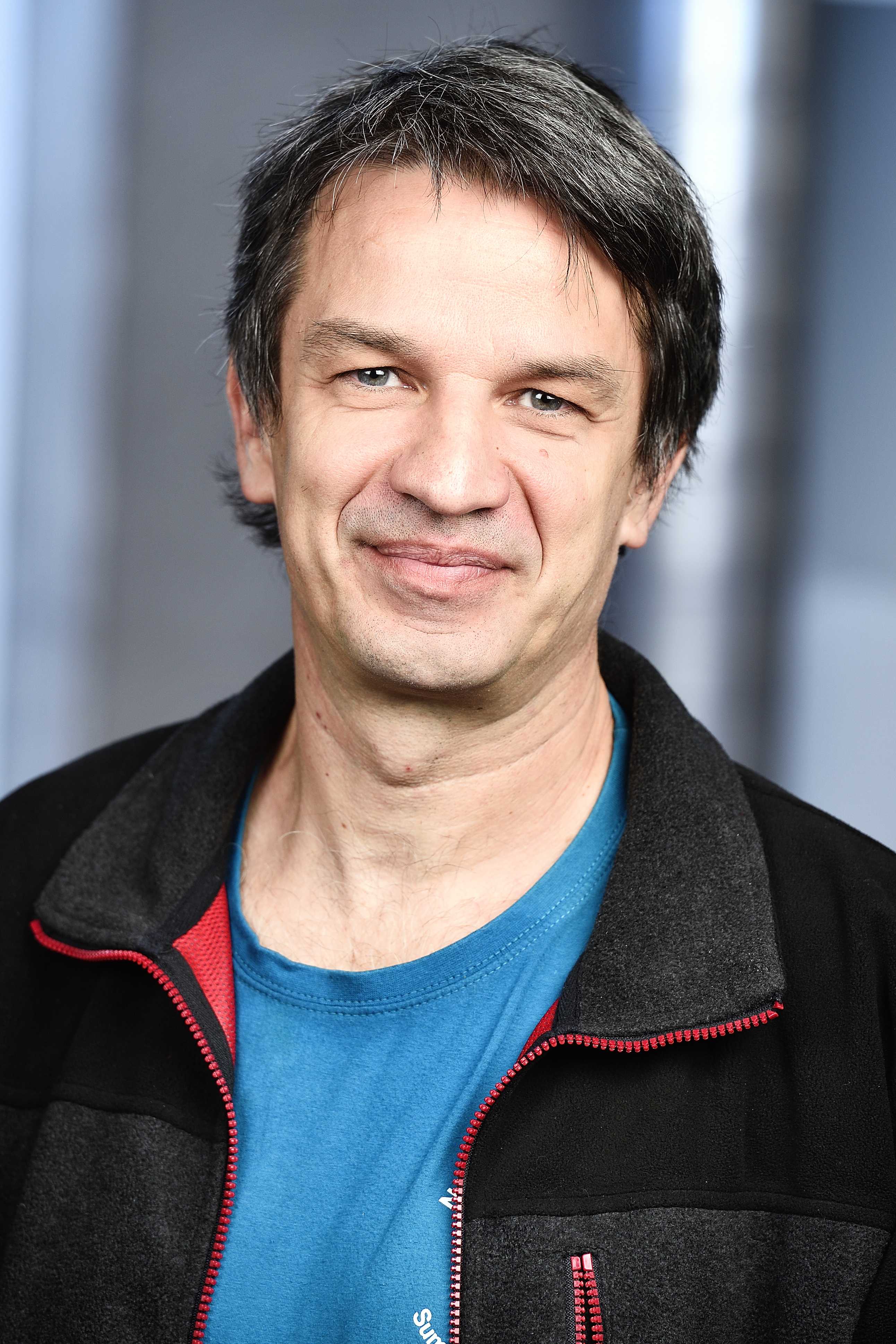
Dr. Günter Brader studied biology at the University of Vienna and obtained his PhD in plant biology 1997. After gaining post doc experience in the field of molecular biology and plant-microbe interactions at the Institute of Biotechnology and the Department of Genetics of the University of Helsinki, Finland, he was appointed to be Docent in Plant Molecular Biology by the Helsinki University. He is now senior scientist at the Austrian Institute of Technology. Günter Brader is author of 60 peer reviewed publications. The research interests of Günter Brader are in the field of plant-microbe interactions and in understanding and characterizing plant diseases. His work focus also on the exploitation of beneficial bacteria for biocontrol and nutrient solubilisation and description of the underlying mechanisms.

Trevor Charles is a bacterial geneticist with a research program in plant-microbe interactions, functional metagenomics, and bacterial genome engineering for bioproducts. Following B.Sc. Microbiology at University of British Columbia, he obtained his Ph.D. in Turlough Finan’s lab at McMaster University (symbiotic nitrogen fixation) and did postdoctoral work in Gene Nester’s lab at University of Washington (Agrobacterium). He held a faculty position at McGill University before moving to his current position at University of Waterloo in 1998, where he is currently director of Waterloo Centre for Microbial Research. He is also co-founder and CSO of the company Metagenom Bio, which applies metagenomic and microbial community analysis to challenges in the agriculture and environment sectors.
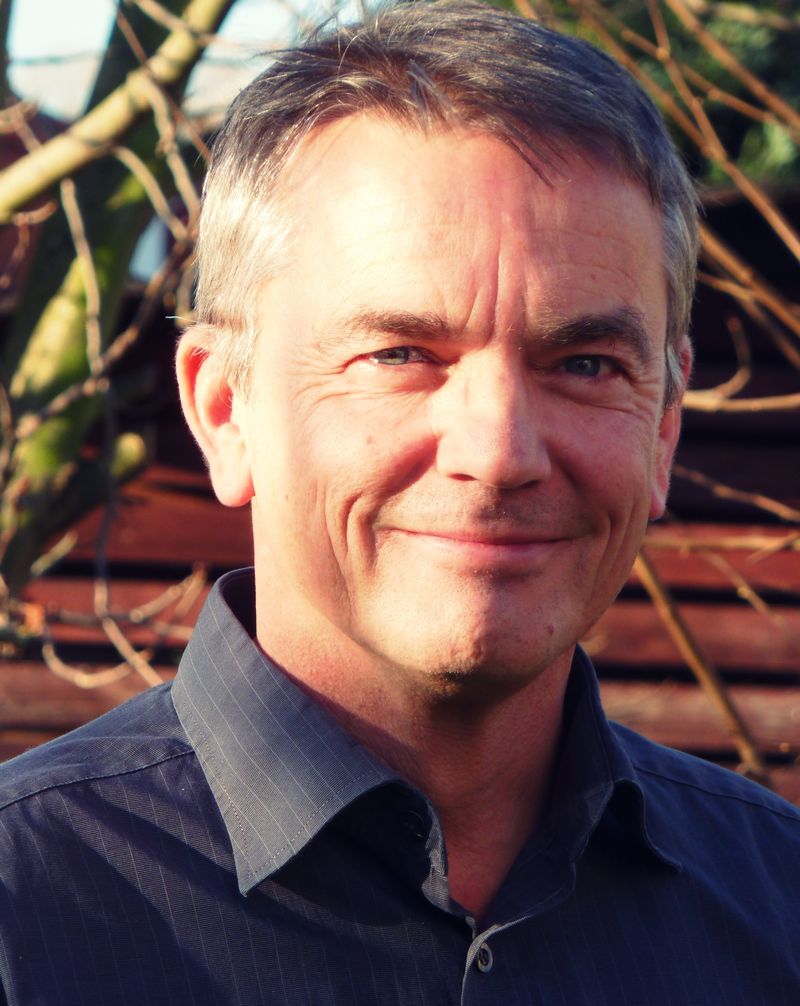
Philipp Franken started to work on the arbuscular mycorrhizal (AM) symbiosis in 1991 at the MPI of Plant Breeding Research in Cologne and the INRA in Dijon, France. In 1995, Philipp Franken established a working group on AM molecular biology at the MPI of terrestrial Microbiology in Marburg. By the discovery of the plant growth-promoting fungus Piriformospora indica in 1998, he became also interested in other groups of beneficial root-colonisers. After his habilitation in Applied Botany and Microbiology at Marburg University, Philipp Franken took over the head of the Plant Nutrition Department at the Leibniz-Institute of Vegetable and Ornamental Crops in 2002. Among other horticultural topics, he further worked mainly on the functions of root-fungus interactions. Since 2019, Philipp Franken is scientific director of the Erfurt Research Centre for Horticultural Crops at the University of Applied Sciences Erfurt. In four research groups, the centre is working on questions of horticultural practice using current methods of biosciences. The scientific work is supported by the Friedrich Schiller University in Jena where Philipp Franken holds a chair of Molecular Phytopathology. The research in his group is aimed towards integrating knowledge about mycorrhizal fungi and other beneficial root colonisers in novel strategies for sustainable plant production systems.
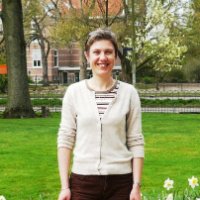
Dr Paolina Garbeva is microbiologist by training with strong affinity for Microbial Chemical Ecology. She recieved her PhD degree from the Leiden University (Netherlands) in 2005. During her PhD, she investigated the significance of microbial diversity on disease suppression in agricultural soil.
After a post-doc at the University of Aberdeen in Scotland, she returned to the Netherlands to work on a personal VENI grant obtained from the Dutch Research Council (NWO). With the VENI project, she discovered that soil bacteria could distinguish among different competitors and fine-tune their strategies to survive. Between 2010 and 2013, Dr Garbeva obtained three personal grants (MEERVOUD, VIDI and ASPASIA) that allowed her to establish a research group within the Department of Microbial Ecology at Netherlands Institute of Ecology. The focus of her research group is to understand the fundamental mechanisms of microbial interactions and communication with particular attention paid to the role of microbial volatiles. This is a novel and unique line of research in the field of Microbial Ecology. Using omics-based tools and novel imaging techniques, her research group would like to further decipher and harness the communicating molecules used by plants and microbes in order to improve plant growth and health.
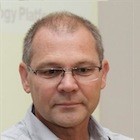
Hirt studied biochemistry at the Univ. of Cape Town and received his PhD from the Univ. of Vienna in 1987. After post-doctoral fellowships at the Univ. of Oxford and Wageningen, he became Professor of Genetics at the Univ. of Vienna. In 2007, he became Director of the INRA Plant Genomics Institute in Paris and in 2014 of the Center for Desert Agriculture at KAUST. His key biological questions are how plants can survive under stress conditions and how microbes contribute to these events by positively or negatively interacting with plants. In the DARWIN21 project (https://www.darwin21.org) he searches for beneficial microbes from desert plants with the aim to enhance stress tolerance of plants. A main focus of his research is to identify the microbial and plant genes and pathways that provide stable stress tolerance to plants without interfering with growth and yield. His long term goal is to provide farmers with tailored microbial communities to enhance the performance and protection of crops to specific stress conditions.
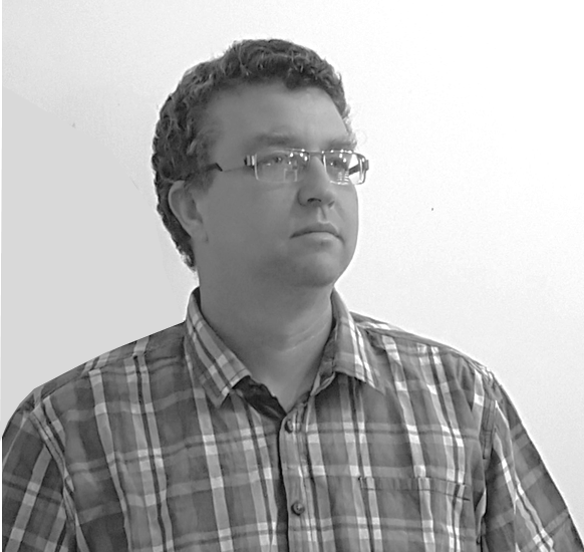
Michael Ionescu is the VP Research of Lavie-Bio, a subsidiary of Evogene, focused on development of novel ag-biologicals products. For the last 6 years, Michael leads the research and optimization activity of novel microbiome-based Ag-biological to drive food quality and sustainability. His interdisciplinary research team is implementing a rationale biology driven design of microbiome-based products by leveraging a proprietary Computational Predictive Biology (CPB) Platform utilizing genomic and phenotypic big data and advanced informatics, focusing on the discovery and optimization of both Bio-Stimulants and Bio-Pesticides. Michael received his PhD degrees from the Hebrew University of Jerusalem in Life Sciences and Environmental Studies, researching stress response mechanisms in enteric bacteria. He had conducted his postdoctoral research at the University of California at Berkeley in phytopathology, studying cell-cell communication system in plant pathogens with relation to interaction with host plant.

Richard Jefferson is a Professor of Biological Innovation at the Queensland University of Technology (QUT) and founder and CEO of Cambia & The Lens. Richard received a PhD in Molecular, Cellular and Development Biology from University of Colorado at Boulder in 1985, where he developed the glucuronidase (GUS) system as a molecular heuristic tool for transgenesis, developmental and ecosystem studies.
During his NIH postdoc at the Plant Breeding Institute in Cambridge, UK, Richard adapted GUS for agricultural biotechnology and pioneered an open source paradigm by distributing the toolkits to hundreds of labs around the world before publication. This enabled the genetic engineering of virtually all commercial crops, and is now the most cited molecular technology in agriculture. In 1987, with colleagues at PBI, Richard led the world's first field release of a biotech food crop. In 1989 Richard was appointed the first Molecular Biologist for the United Nations FAO/IAEA in Vienna, and in 1991 founded Cambia, an autonomous global social enterprise to democratize science enabled problem solving. Besides Cambia's role in inventing and distributing open source enabling technologies it runs Lens.org, now the longest operating, largest and most comprehensive free, open and secure platform for scholarly and patent discovery, analytics and metrics.
Based on work done on diverse microbial GUS and arylsulfatases since 1980, and their essential role in modulating hormone action in the holobiont, Richard proposed the landmark hologenome theory of evolution in 1994 at Cold Spring Harbor. He was the first to describe the role of the microbiome as the driver of biological evolution, and its role in understanding and optimizing performance of biological systems. In 1997, Richard proposed the concept of ecotherapeutics as a strategy for modulating agriculture and health systems performance by adjusting population structures of microbial constituents. The hologenome theory has profound implications for how we think about ourselves, living systems, the origin of disease, the origins of social behavior and even social institutions in innovation.
Richard is an 'Outstanding Social Entrepreneur' of the Schwab Foundation and a regular panelist at the World Economic Forum's (WEF) Davos annual meetings and Summits. Richard served on the WEF Global Agenda Council on Intellectual Property and the Global Agenda Council on the Economics of Innovation. He was named to Scientific American's list of the world's 50 Most Influential Technologists. His work has featured in countless media, including The Economist, New York Times, Newsweek, Red Herring, Nature, Science, Nature Biotechnology.
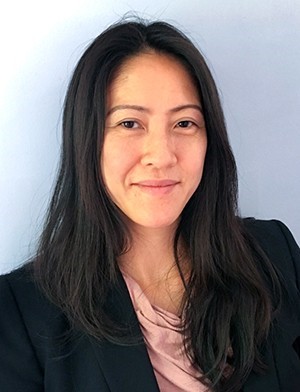
Jenny Kao-Kniffin [pronunciation: GAOW-nif-IN] is an Associate Professor at Cornell University's School of Integrative Plant Science. She received her Ph.D. from the University of Wisconsin-Madison in Land Resources, with a specialization in Ecosystem Microbiology. She then served as a Postdoctoral Research Fellow with the National Science Foundation (NSF) investigating landscape-scale patterns of microbial composition near Barrow, Alaska. In 2019, she received the Presidential Early Career Award for Scientists and Engineers from the United States White House for her work on agricultural microbiomes. The research subjects range from crops and model plant species to invasive plants and weeds in agricultural and natural ecosystems, with a major focus on microbiome assembly, modification, and resilience impacting plant traits.

The Lindow lab focuses on the ecology and management of plant-associated bacteria with a focus on both epiphytic and endophytic bacteria. A thrust of the lab has been on identification of traits that confer fitness and stress tolerance of bacteria on leaf surfaces and their regulation. The contribution of intra- and inter-species chemical communication that mediates expression of cell density-dependent traits in both Pseudomonas syringae and Xylella fastidiosa are being addressed with the aim of modifying their behaviors to achieve plant disease control. The emigration from and immigration to bacteria to plants via airborne transport is being studied to better understand processes determining the context-dependent assembly of epiphytic communities on leaves.
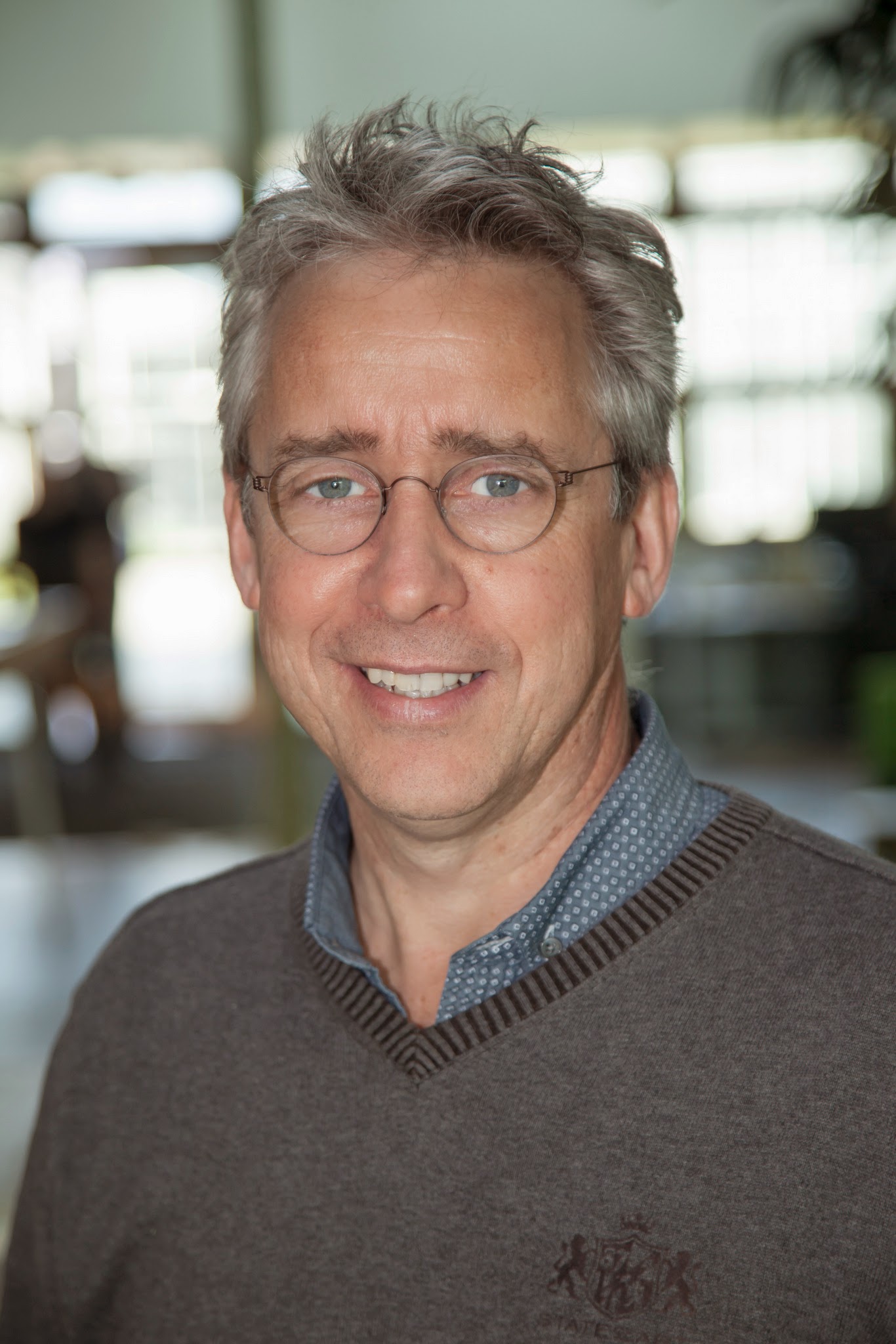
Jos Raaijmakers received his MSc and PhD degrees from the University of Utrecht (Netherlands), where he studied phyllosphere and rhizosphere microbiology. His PhD work specifically focused on siderophore-mediated iron acquisition by rhizosphere bacteria. He undertook postdoctoral research at USDA and Washington State University (USA) on disease suppressive soils and the antifungal activity of secondary metabolites (phloroglucinols, phenazines) of root-associated bacteria. Upon returning to the Netherlands, he became an associate professor Plant Pathology at Wageningen University working on microbe-microbe/microbe-plant interactions and the diversity & functions of cyclic lipopeptides. Currently he is head of the Microbial Ecology department of the Netherlands Institute of Ecology (NIOO-KNAW) and a Professor at the Institute of Biology of Leiden University. His research program focuses on i) the impact of plant domestication on microbiome assembly, and ii) the role of the plant microbiome in biotic stress tolerance.
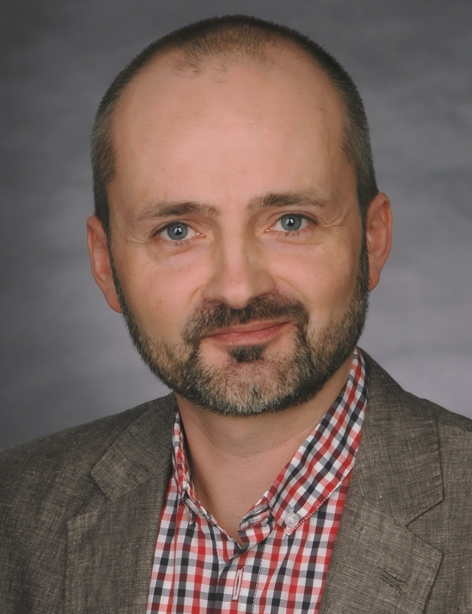
Adam Schikora studied biology at the Universities of Warsaw, Poland and Göttingen, Germany and received his PhD in mineral plant nutrition. During the post-doctoral trainings in France and Austria, Adam focused on signaling pathways and the cellular responses to diverse stress stimuli, including the response to human pathogenic bacteria. Collaborative action between a host plant and associated bacteria is crucial for the establishment of an efficient interaction. In 2009 he became the leader of the Plant-Bacteria Interaction Group at the Institute of Phytopathology at JL University Giessen, Germany. His group investigates the stimulation of plant immune system by bacterial quorum sensing molecules on one hand, and on the other, how bacteria (e.g. the human pathogen Salmonella enterica) manipulate plant defense mechanisms. In 2015 the group moved to Julius Kühn-Institut in Braunschweig, where he continues to study the interaction between crop plants and beneficial as well as human pathogenic bacteria. Currently Adam Schikora lectures plant physiology and microbiology at the TU Braunschweig.
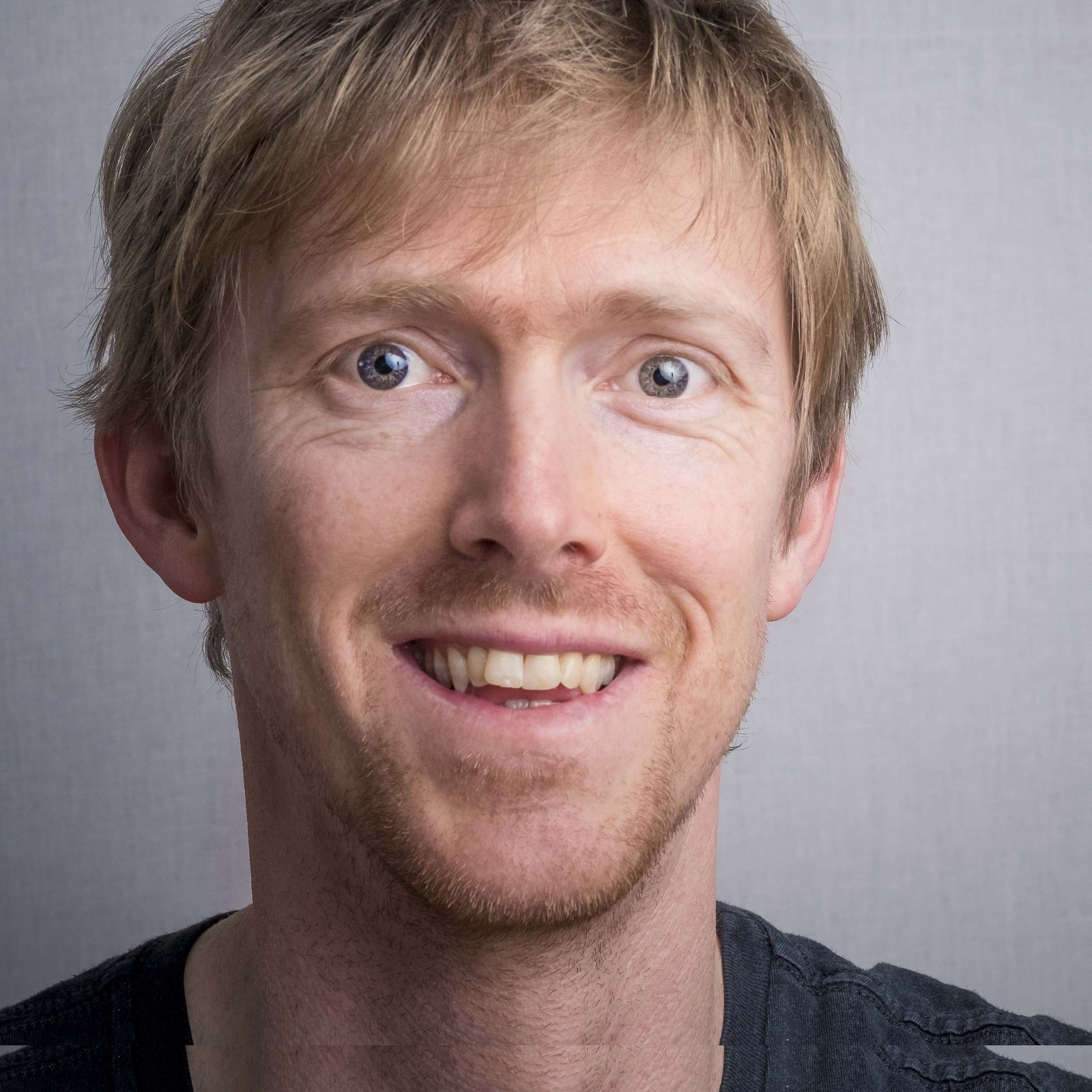
Klaus Schlaeppi studied plant-microbe interactions and obtained his PhD from the University of Fribourg (Switzerland) based on work investigating plant defences against pathogens. As postdoctoral scientist at the MPI for Plant Breeding Research in Cologne (Germany) he contributed to method development and characterization of the commensal root microbiota of the model plant Arabidopsis thaliana and related Brassicaceae species. Back in Switzerland, as junior group leader he broadened his research interests to rhizosphere microbial ecology and how the root microbiota could be manipulated to improve agriculture. Today he is lecturer at the University of Bern (Switzerland) and investigates with his team the contribution of the root microbiota to plant growth and how plants communicate to their root microbiota and take influence on their activities. The long-term ambition of his research program is to make use of plant microbiomes in smart and sustainable agriculture.
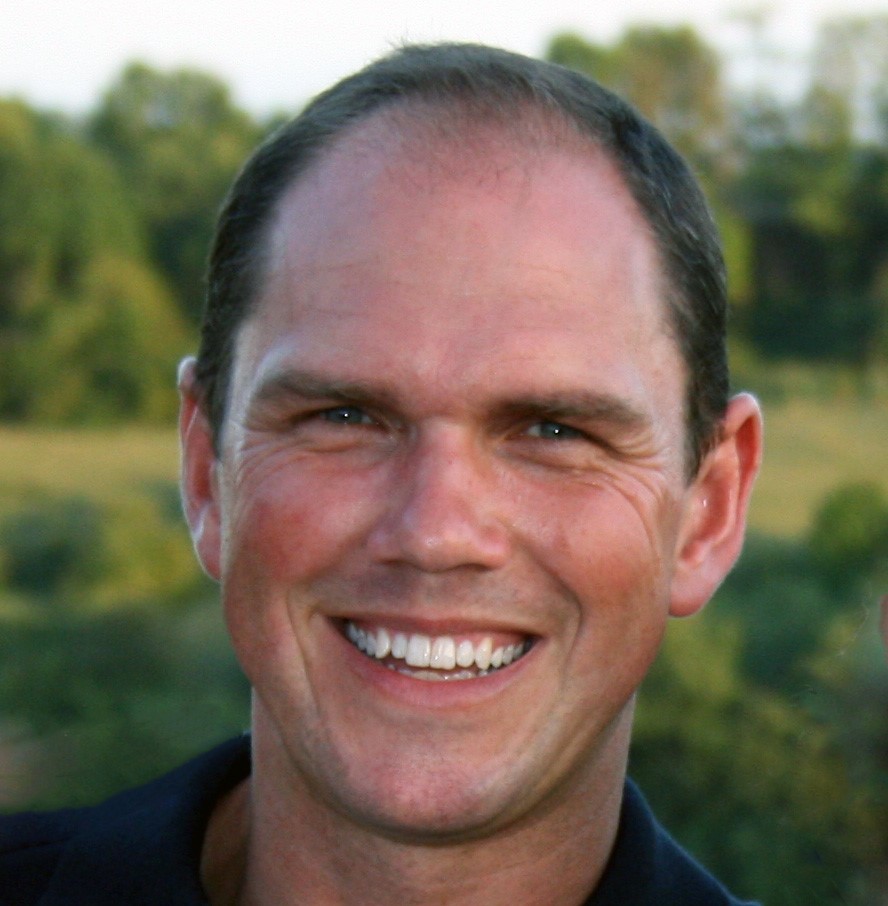
Steven Vandenabeele holds a PhD in biotechnology (University of Ghent) and has 20 years of experience in plant biotech (VIB Department of Plant Systems Biology, Rockefeller University, BASF Plant Science). Steven has worked in the ag-biotech industry for more than 10 years: he worked at BASF Plant Science as a group leader Technology Management, as the coordinator for the high-throughput plant phenotyping platform, and as global research manager of the rice yield project. Serving in these functions, he has gained strong experience in people, process and research project management. Three years ago, together with the VIB, he started building the business strategy to develop superior agricultural biologicals based on microbials. Aphea.Bio NV is currently operational since 2017, backed by venture capital. Steven is Aphea.Bio’s Chief Scientific Officer and heads a team of 18 expert scientists.
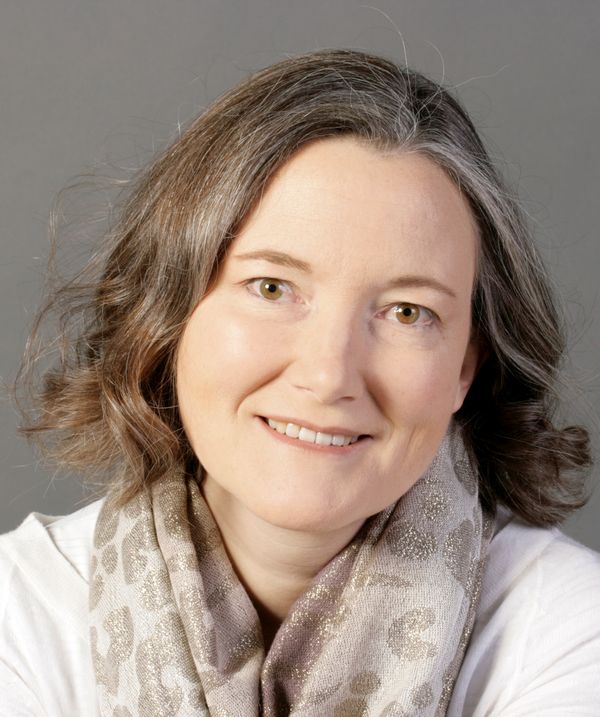
Alga studied marine biology at the University of Ancona, Italy before going on to do her PhD at the Technical Institute of Braunschweig, Germany in cooperation with the University of Portsmouth, UK. She held postdoctoral research positions in Braunschweig as well as at Oregon State University. After a period as Group Leader at the Institute of Phytopathology and Applied Zoology in Gießen, Germany and as Research Group Leader at the Max Planck Institute for Terrestrial Microbiology in Marburg, Germany, she became Professor in Ecological Genetics of Microbes at the University of Cologne, Germany in 2014. Research in Alga’s group focuses on the mechanisms that enable symbiotic fungi to colonize plants successfully and on the processes accounting for variations in host preferences and fungal lifestyles. The prime models for her studies are the root endophyte Serendipita indica (Basidiomycota, Sebacinales), and the orchid mycorrhizal Serendipita vermifera, two beneficial symbionts that colonize the root epidermal and cortex cells of a broad range of plant species, including the dicot model plant Arabidopsis thaliana and the agriculturally important monocot Hordeum vulgare.